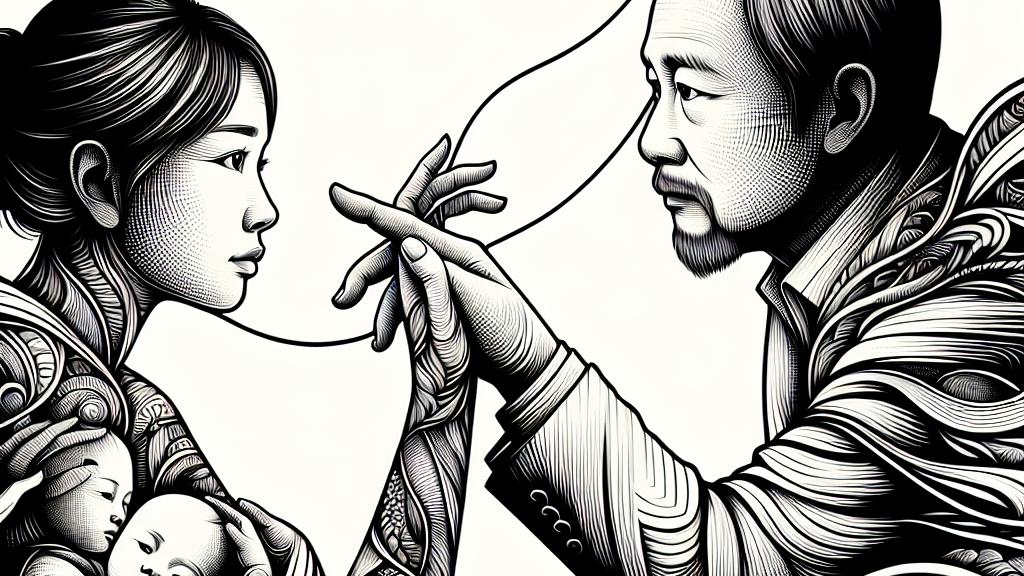From Love to Separation: A Journey Through Mental Health and Parenthood
Overview
- An intimate look into a couple's struggles with mental health and marriage.
- Explores the complexities of balancing work, parenting, and personal well-being.
- Highlights the profound impact of mental illness on family dynamics and decision-making.

The Seeds of Connection
In Japan, a couple formed a deep bond fueled by compassion and understanding in the workplace. The husband, recognizing the signs of his wife's unspoken struggles, encouraged her to seek professional help when her despair became evident. Their relationship initially flourished under this backdrop of mutual support, eventually leading them to marriage. The wife's diagnosis of a developmental disorder introduced complexities into their relationship, yet they embarked on this new journey with optimism, believing in the power of their love to help them overcome life's hurdles. Their shared dreams of a bright future kept their spirits buoyed as they navigated life's ups and downs.
Navigating the Realities of Parenthood
As excitement turned into the reality of parenthood, the couple faced immediate challenges that tested their bond. The wife experienced severe morning sickness, which forestalled her return to work and placed financial strain on both of them. Despite the husband's willingness to shoulder the household responsibilities, the emotional weight of parenting fell disproportionately on him as his wife's mental health fluctuated dramatically. The initial joys of their child's arrival became clouded by the wife's postpartum depression, creating a profound sense of isolation for the husband. He found himself battling not only the demands of a newborn but also the emotional turmoil stemming from his wife's incapacity to engage fully in their parenting responsibilities. As expectations clashed with reality, both partners struggled to communicate their feelings effectively, leading to misunderstandings that further exacerbated their situation.
Redefining Family Through Separation
In light of their ongoing struggles, the couple faced the crucial decision of whether to continue their marriage. The husband’s concern grew as he witnessed his wife's continued battles with mental health, recognizing that their relationship could not provide the stability their child needed. With careful consideration and compassion, they chose to pursue an amicable separation. Stemming from a place of understanding rather than animosity, they both agreed that this path would foster individual healing and allow for healthy co-parenting. The husband retained primary custody of their child, vowing to create a nurturing environment where both he and his child could thrive. While embarking on this new stage of life alone, he remains hopeful about finding love again—searching for a partner who appreciates the importance of mental health and is dedicated to building a supportive family environment, free of stigma and full of understanding.

Loading...